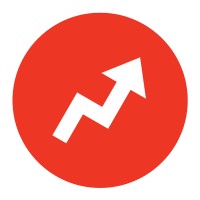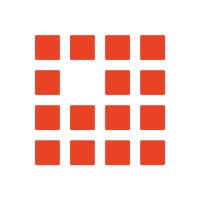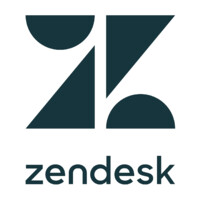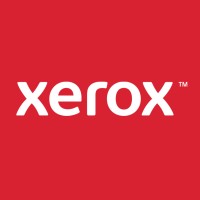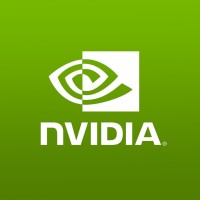Compensation Management
Gain market share and customer base information about the top Compensation Management software. Check out our list of Compensation Management Software, analyze them by marketshare, region, company size along with information about competitors, prospects, tech stacks, funding information, contract renewal dates and more.
Top 5 Compensation Management technologies in 2023
Over 27,169 companies are using Compensation Management tools. Oracle HCM Cloud with 43.21% market share (11,739 customers), Workday Compensation with 14.55% market share (3,952 customers), Compgun with 12.74% market share (3,462 customers),
-
43.21 %
Market Share
11739
Customers
-
14.55 %
Market Share
3952
Customers
-
12.74 %
Market Share
3462
Customers
-
10.99 %
Market Share
2986
Customers
-
5.06 %
Market Share
1374
Customers
-
13.46 %
Market Share
3656
Customers
Compensation Management Customers by Employee Size
The majority of Compensation Management category falls in the company size of 0 - 9 employees (616,470 companies), 20 - 49 employees (286,906 companies), 10 - 19 employees (121,687 companies).
Compensation Management Customers by Geography
Companies using Compensation Management technology software are majorly from the United States with 855,065 (72.27%), United Kingdom with 103,172 (8.72%), Canada with 58,683 (4.96%) customers respectively.
Sign up for 6sense Revenue AI™ to get FREE verified B2B contact data.

Compensation Management Customers by Industry
Top industries that use Compensation Management for Professional Services (3,908), Technology (3,432), Retail and CPG (1,354).
FAQ
Find answers to the most often asked questions by users.
Who are the top Compensation Management software market leaders?
Top leaders in the category for Compensation Management software are Oracle HCM Cloud, Workday Compensation, Compgun. Here, you can view a full list of Compensation Management tools in the market.
How many companies use Compensation Management software these days?
Around the world in 2023, over 1,314,154 companies are currently using one or more Compensation Management software. Out of these, there are 855,065 companies using Compensation Management tools that are originally from the United States .
Which company has the most significant market share in the Compensation Management software space?
The top few companies that have the most significant market share in the Compensation Management space are Oracle HCM Cloud with 43.21 % of market share, and Workday Compensation with 14.55 % of market share and Compgun with 12.74 % of market share . Check for other Compensation Management technologies market share here.
What are the top industries that usually use Compensation Management softwares?
The top industries that use Compensation Management software are Professional Services (3,908) , Technology (3,432) , Retail and CPG (1,354) .
Choose Technologies to Compare
 6SENSE CHROME EXTENSION
6SENSE CHROME EXTENSION
Save time researching your prospects
Get FREE, verified contact data, including emails from any website or right from Linkedin. Find decision-makers faster and customize your outreach.


